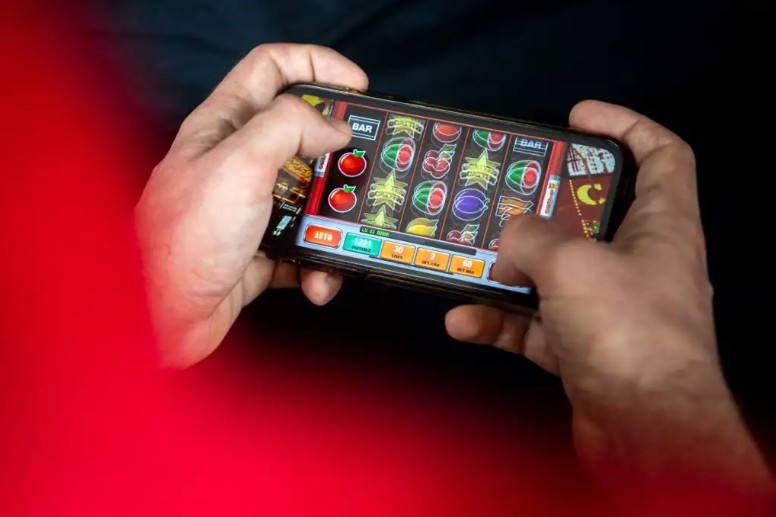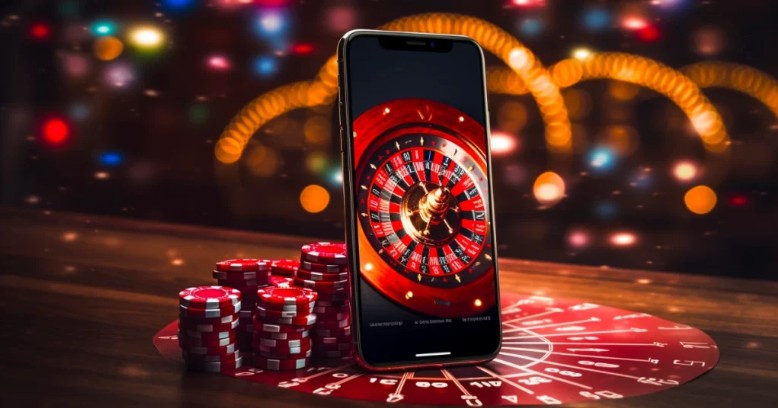
The advent of smartphones has significantly reshaped the landscape of digital entertainment, including the realm of mobile casinos. High-speed internet, advanced mobile operating systems, and intuitive touch interfaces have allowed players to access casino games from virtually anywhere. The convenience and portability of smartphones have made mobile gaming increasingly popular, providing opportunities for both casual engagement and more structured play.
Mobile casinos combine traditional gaming elements with modern technology, allowing users to interact with games such as slots, table games, and live dealer experiences in ways that were previously restricted to physical locations. This shift has influenced how games are designed, delivered, and consumed, contributing to a more interactive and immediate user experience.
In particular, the integration of games like plinko casino game real money withdrawal highlights the evolving nature of mobile gameplay. Players can participate in fast-paced, visually engaging games, make transactions, and receive outcomes directly on their smartphones. This accessibility and interactivity illustrate the profound influence of mobile technology on gaming behavior and engagement patterns.
Contents
Accessibility and Portability
One of the defining features of mobile casinos is their accessibility. Smartphones allow players to engage with casino games anytime and anywhere, breaking free from the limitations of desktop or physical casino settings. Mobile platforms are designed to operate smoothly on a wide range of devices, from high-end models to more budget-oriented smartphones, ensuring broad availability.
| Feature | Description | Example |
| Portability | Play from any location with internet access | Home, commute, public spaces |
| Cross-platform support | Compatibility across Android and iOS | App-based and browser-based games |
| Offline features | Some games offer offline practice modes | Slot simulations without network requirement |
This flexibility has not only expanded the user base but also influenced the design of games, which are now optimized for touch controls, smaller screens, and shorter sessions while maintaining engagement and interactivity.
Game Design and Mobile Optimization
The shift to mobile has necessitated a rethinking of game design. Traditional casino games have been adapted for smaller screens, faster load times, and simplified navigation. Developers now prioritize user interface (UI) clarity, minimal latency, and immersive visual and audio elements that enhance the mobile experience.
Table games, such as poker, blackjack, and roulette, are frequently reconfigured to maintain functionality on touch screens. Similarly, slot machines and casual games incorporate intuitive controls and feedback mechanisms that align with mobile interaction. The design philosophy emphasizes accessibility, enabling both beginners and experienced players to engage with the games efficiently.
Payment Systems and Real-Time Transactions
Mobile casinos have also transformed the way transactions are conducted. Digital wallets, bank integrations, and app-based payment systems enable real-time deposits and withdrawals, making gameplay more fluid and responsive. Games like plinko casino game real money withdrawal illustrate how players can manage funds seamlessly while interacting with the platform.
| Payment Feature | Benefit | Example |
| Instant deposits | Immediate play after funding account | Credit/debit cards, e-wallets |
| Fast withdrawals | Quick access to winnings | Bank transfers, app wallets |
| Security protocols | Encryption and authentication | SSL certificates, biometric login |
These systems not only increase convenience but also enhance trust in mobile platforms by ensuring secure and transparent transactions.
Social Interaction and Community Features
Mobile casinos are increasingly incorporating social and community elements. Multiplayer modes, chat features, leaderboards, and in-game tournaments foster interaction and competition among players. Smartphones enable these features to operate seamlessly alongside core gameplay, allowing users to maintain engagement and connect with peers.
Community-oriented features contribute to user retention by offering shared experiences and social recognition. They also encourage exploration of new games, as players are exposed to trends, recommendations, and collective activity within the mobile ecosystem.
Technological Advancements
The ongoing development of mobile technology continues to influence casino gameplay. High-resolution displays, faster processors, and advanced graphics capabilities enable more visually complex and immersive games. Additionally, artificial intelligence, machine learning, and data analytics are used to personalize user experiences, optimize game performance, and provide insights into player behavior.
Emerging technologies such as augmented reality (AR) and virtual reality (VR) are being explored for mobile integration, promising further evolution of interactive gameplay. These advancements indicate a trajectory where mobile casinos become increasingly sophisticated, blending traditional gaming mechanics with innovative, technology-driven experiences.
Regulatory and Market Considerations
Mobile casinos operate within diverse regulatory frameworks, which vary across countries and regions. Licensing, compliance, and oversight play key roles in shaping the available games, payment methods, and accessibility. Developers and operators must navigate these frameworks while maintaining a seamless mobile experience.
Market trends also influence game development and platform features. Regions with high smartphone penetration, strong internet connectivity, and digital payment adoption tend to lead in mobile casino innovation. Understanding these market dynamics is essential for evaluating the ongoing evolution of gameplay and platform features.
User Engagement and Analytics
Mobile platforms provide operators with detailed analytics on gameplay patterns, session duration, and user preferences. These insights inform game updates, feature development, and user interface improvements. Data-driven adjustments contribute to a more personalized experience, ensuring that games are engaging, accessible, and aligned with user behavior.
| Analytics Metric | Purpose | Application |
| Session duration | Measure engagement | Adjust difficulty or reward systems |
| Game popularity | Track demand | Guide new game development |
| User retention | Evaluate platform loyalty | Introduce incentives or campaigns |
The integration of analytics supports both operational efficiency and user satisfaction, highlighting the synergy between technology and gameplay.
Future Trends
Looking forward, mobile casinos are likely to continue evolving in several directions:
- Enhanced integration with AR/VR for immersive gameplay
- AI-driven personalization for recommendations and rewards
- Expansion of mobile-exclusive games optimized for touch interaction
- Advanced payment systems supporting cryptocurrency and digital wallets
These trends suggest that mobile platforms will maintain a central role in the digital casino landscape, offering accessible, engaging, and technologically advanced experiences to users worldwide.

Conclusion
Smartphones have fundamentally changed how players interact with casino games. Mobile casinos combine accessibility, optimized game design, real-time transactions, and community features to create dynamic and immersive digital experiences. Plinko casino illustrate the seamless integration of gameplay and financial interaction, highlighting the unique capabilities of mobile platforms.
As technology continues to evolve, mobile casino gameplay is expected to become even more interactive, personalized, and visually engaging. Understanding these changes provides insight into the broader digital entertainment ecosystem, where portability, innovation, and user-centric design define the future of online gaming.